History
The first Olympic Games were held in Olympia, Greece every four years, hence the term Olympics in ancient Greece, which meant the four-year period between consecutive Games. The first documented games were held in 776 BC. Wars ceased for the duration of the Olympic Games.
During the conflicts, “God’s peace” was proclaimed and wars were suspended for 2 months. The Games lasted 5 days, the rest of the time was intended for the departure and return from the Games by spectators and competitors.
The first stage of the ceremony, even before the start of the games, was taking the oath in front of the statue of Zeus. The meat of the boar was cut into pieces, scattered or spread in front of the statue, and each participant, along with his father and brothers, swore an oath not to commit any fraud in the competition, which he confirmed with a second oath, in which he said that he had applied himself strictly to the exercises for the previous 10 months.
Officially, you received a prize – a wreath of laurel twigs(Olympic laurel), but only the winner was awarded. The athlete who won the Olympics became famous and received the title of Olympian. In his hometown, monuments were erected in his honor and poems were written.
A hole was made in the city wall of the winning player, through which the winner entered, greeted by the inhabitants. This meant that the city no longer feared anyone because it had such a protector.
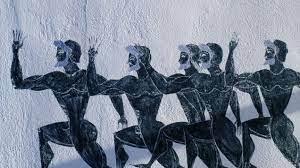
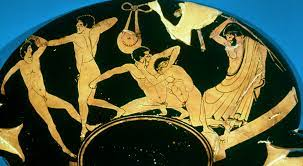
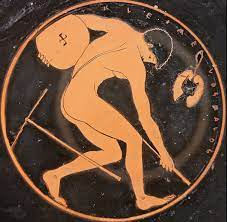
Objectives of the Olympic Games
- Gathering athletes from all over the world – Playing sports, without any discrimination, is a universal right of every human being. Olympism is a combination of sport with culture and education.
- Striving to create a way of life based on the joy of effort – Based on the educational values of good example and respect for universal basic ethical principles: friendship, solidarity and fair play.

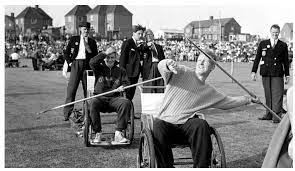
Facilities
- For children and people with disabilities
- All fair play rules
- Anti-Doping Commission
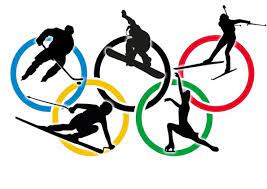
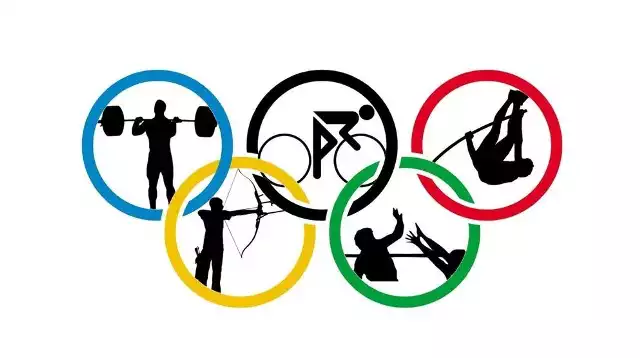
Discipline
The Summer Olympic Games include 37 sports like boxing, rowing, lawn and table tennis, equestrian, taekwondo and many others.
The oldest discipline of the ancient games was dromos – a short run over a distance of one stadium. Initially, the length of this race was not clearly defined, only from the 6th Games the distance was set at 600 feet, i.e. 192.67 m. In this competition, impeccable posture and proper body position during the run were required from the competitors.
Another Olympic discipline was diaulos – medium race, which was held for the first time at 14. Games. Diaulos equaled the distance of two stadiums (385.34 m). The competitor crossed the finish line and returned to the starting point on the same treadmill.
At the fifteenth Olympics, a new competition was introduced – dolichos, or long run.
It was probably played over a length of 24 stadiums. The first winner is considered to be Acantos of Sparta. Another Spartan, Ladas, won during the 85th Games, but after crossing the finish line he fell to the ground and died.
Stocks were included in the competition set. Fights in this discipline, however, were more similar in form to modern wrestling than the wrestling known to us in the free or classic style. It was allowed to substitute a leg, break fingers, and even tug at the nose or lips.
During the 18th Games, pentathlon – pentathlon – pentathlon – was introduced. It consisted of: javelin throw (made of spruce or ash wood with a length within the limits of human height), discus throw, long jump, running over a distance of one stadium and wrestling.
During the 23rd Games of the Olympics, there was a fist fight, which over time became the bloodiest spectacle of the competition. The surrenderer raised his hand and index finger upwards or hit the player on the shoulder. At this sign the fight was stopped.
On 25. The Games introduced chariot races driven by sled owners. Only the wealthiest took part in this competition, because the maintenance of horses was extremely expensive.
To the program 33. The Olympics included pankration, a cross between wrestling and fistfights. Players had the right to use all grips and strikes, break fingers, hands, feet, break noses.
From the 65th Games in 520 BC, hoplites, or a race in arms, was held. Initially, they ran with full military equipment, in a helmet, with a spear, shield and shin guards. In later years, more competitions were added, among them the professions of poets and trumpeters.
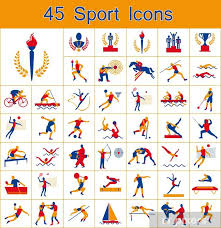

Now
The next Olympic Games will be held in 2024, from July 26 to August 11.

This post was written by: Kinga Marczewska, Zuzia Trybułowska, Ania Ograbek, Kuba Damazer, Szymon Kucharczyk, Mateusz Studniarek, from school SMS LO Aleksandrów Łódzki on June 03, 2023